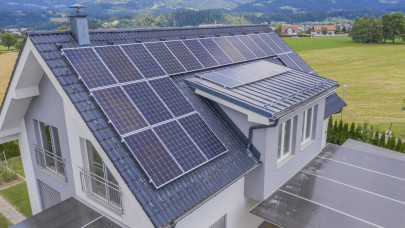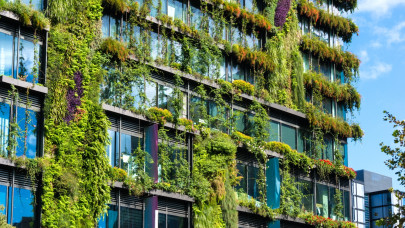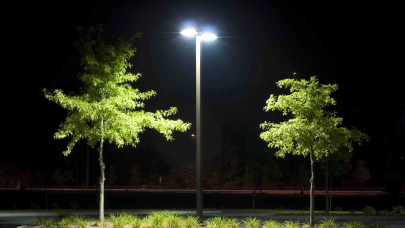At the same time, the period in which the beneficiaries can be selected and in which the non-refundable financing contracts can be signed is from the approval of the scheme until December 31, 2023.
The objective of this scheme is to support economic operators in order to carry out the necessary preparatory works for investments financed under the Regional State Aid Scheme for investments with the aim of reducing the negative effects of waste on the environment and reducing the consumption of primary resources, approved by the Order of the Minister of the Environment, of waters and forests no. 2269/2022.
Within this financing instrument, the possibility of financing the preparatory works was not foreseen, these being represented by the payment of architects, engineers, and consultants, legal fees, feasibility studies/documentation for the approval of intervention works, the technical project, for the preparation and/ or project implementation. Through the GD approved today, this type of investment becomes eligible.
"This scheme is a real help for legal entities under private or public law, from the category of micro, small, medium or large enterprises, whose projects have been approved under the Regional State Aid Scheme for investments in recycling and which have concluded a financing contract in this regard. At the same time, the guarantee-return system will become operational in November of this year and we will need new recycling capacities for the packaging that will enter this circuit", said Barna Tánczos, the Minister of Environment, Water and Forests.
Beneficiaries of the de minimis scheme must be authorized to carry out at least one of the activities: treatment and disposal of non-hazardous waste; treatment and disposal of hazardous waste; recovery of sorted recyclable materials; disassembly (disassembly) of machines and equipment taken out of use for the recovery of materials; non-hazardous waste collection; hazardous waste collection.
Eligible expenses, in order to benefit from funding under the de minimis scheme, are represented by: design expenses, feasibility studies/documentation for the approval of intervention works, the technical project and other technical-economic documentation, payment of architects, engineers, assistance technical (including the payment of consultants, but excluding the organization of procurement procedures) and site organization, expenses with legal fees for agreements, compliance notices, and building/termination authorization, expenses for information and publicity.
The financial support under the de minimis scheme consists of non-refundable financial allocations in the form of a grant from the Environmental Fund and is granted following the selection and notification of the applicant regarding the acceptance of the financing request, followed by the conclusion of the financing contract concluded between the AFM and the applicant.













